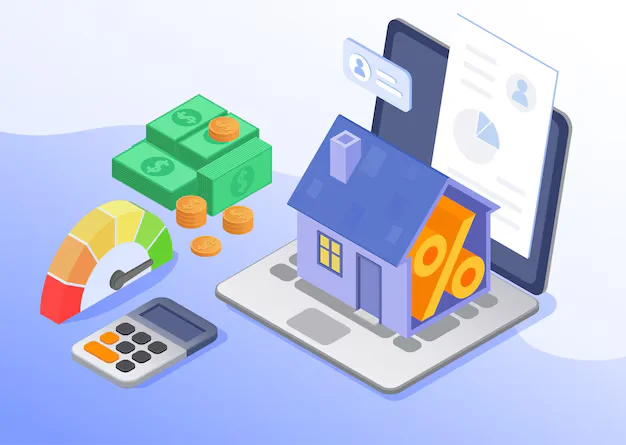How Your Small Business Affects Your Net Worth
You might not consider it often, but you should pay attention to your net worth (NW), as it represents the current value of your business's worth and financial future. If you own a small business, your business cash flow and personal cash inflow are distinct financial indices, crucial for your business valuation and assessing business assets.
However, do you know that your small business can affect your net worth? We are here to show you how. So read on to find out more!
What does your net worth mean?

Net worth generally means the total wealth when you factor in all assets and liabilities—whether for an individual, existing business, or household.
Essentially, your total cash flows represent everything you own, minus everything you owe, playing a key role in your business valuation methods. It is a pretty easy economic index to calculate. Also, your total profit, derived through discounted cash flow, is essential for defining your overall financial direction in both business and private life.
You have a positive cash inflow when your assets are more than your liabilities. It means you are in an excellent financial situation. The opposite refers to a negative net worth with more causes for deep concern and worry due to severe economic losses, reflecting poor financial security and risky financial records.
Now that you know the meaning of net worth, the next step is to understand how it works and how to calculate it using various business valuation methods like the income approach. Here is how!
How does net worth work?
Generally, your cash flows are not a fixed value, and their present value can fluctuate based on market value and recurring revenue. As a result, it is constantly subject to change. It only reflects your business value at the time you calculate it, influenced by factors like intellectual property and tangible assets.
However, the only way to calculate your total profit, a key business's valuation metric, is to subtract your liabilities from your assets, which may include both tangible assets and intangible assets. Essentially, your assets are everything you own with monetary value. On the other hand, your liabilities are all your financial obligations that deplete your funds. Examples of liabilities include but are not limited to debt, mortgages, etc.
What are the types of net worth?

Total profit applies to any venture that involves responsibilities, expenses and profitability or benefit. As a result, we have two major types of net worth: Business and personal net worth.
Business Net worth
Businesses utilize their balance sheet to report their business worth after determining their liabilities and separating them from their business's assets, which plays a crucial role in small business valuation methods. The business NW determines whether the company is worthy of potential investors' attention based on comparable companies in the industry.
If the business has a negative NW, it will not attract potential investors or secure a bank loan, as similar companies with positive values are preferred. As a result, financial experts describe business net worth as the book value or shareholders' equity, using various methods such as the EBITDA multiple to assess the market approach.
Personal Net worth
The NW of an individual is the accumulation of all they own, excluding what they owe, similar to how a business based on future cash flows evaluates growth potential. Essentially, people with the highest NW are regarded as wealthy individuals in society, just as business owners who generate enough money through interest, taxes, depreciation, and amortization are considered successful. The striking difference between business NW and personal NW is that personal NW applies to personal finances.
How your small business affects your net worth

In general, most young entrepreneurs perceive their business revenue to be separate from personal income, maintaining a distinct calculation similar to how two companies might evaluate market share. As a result, you are not obligated to include your business when you attempt to calculate your net worth.
However, it isn't always the case, and the reason depends on the type of business structure you operate. Essentially, if you have a small business like a sole proprietorship or a partnership, your revenue is most likely intertwined with your personal income.
As a result, your small business exerts considerable influence on your net worth, especially when potential buyers evaluate the current market for a good investment. If you are unsure about the calculation, essential self-employment financial documentation like 1099 forms are valuable resources for relevant data.
This method determines a clear distinction between your assets and liabilities, much like how one assesses customer base and goods sold in a selling scenario. If you have W-2 employees, you cannot include the money you spend on their paystubs among your investments. The reason is that salaries constitute an aspect of your financial obligation and responsibility, hence your liability.
Assets: What you can do about protecting the foundation of your net worth
When you run a small business, you can quickly lose your personal assets if the company goes south. Therefore, you need to protect those aspects of your assets that form the basis of your investment. The best way to do so is to create separate accounts for your business and personal income. This way, you can easily track your income against your expenses, thus making tax season a breeze for you.
Final Thought
Now that you know how your small business can affect your entire net worth, you are in a better position to direct your finances. Essentially, your success in business and overall financial health hinges on your ability to effectively separate both income streams. This way, you make better decisions and reach your goals without stress.

